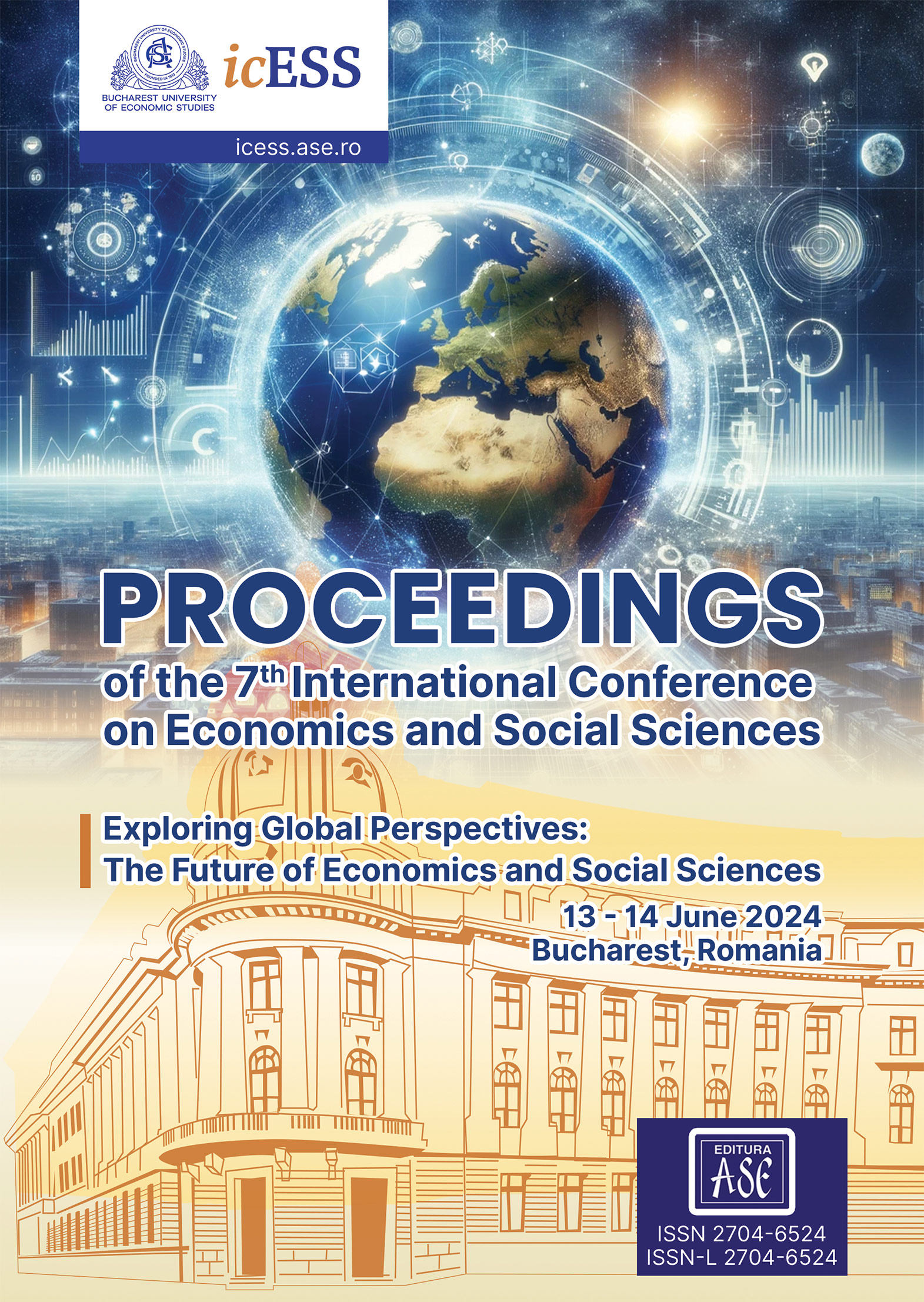Exploring the Economic Effects of Sustainability in a Knowledge-Based Circular Economy
Exploring the Economic Effects of Sustainability in a Knowledge-Based Circular Economy
Author(s): Raluca-Florentina Crețu, Adina-Theodora NECULA, Viorel Costin BanțaSubject(s): Economy, Energy and Environmental Studies, Accounting - Business Administration
Published by: EDITURA ASE
Keywords: sustainable development; circular economy; recycling; economic effects; knowledge;
Summary/Abstract: Given the rapid decline of Earth's resources, one of the world's priorities is to improve the circular economy of waste, given the huge quantities produced at the micro-level by each citizen. By creating new opportunities and jobs in the recycling and remanufacturing industries, the transition to a circular economy encourages innovation in the way products are made and increases recycling capacity. In a functioning circular economy, waste management must be the last link in a supply chain to feed the secondary materials market and provide raw materials for recycling companies. Aligning to the goals of sustainable development, it is important to establish solid waste management strategies that improve waste collection, recycling, and recovery processes. Based on data collected from EUROSTAT, from 2000 to 2022, for countries of the European Union, this study wants to investigate ways to optimise recycling processes and identify potential improvements at both macro- and microeconomic levels, quantitatively. Furthermore, this research provides an extensive overview of the current state of waste management in Romania, examining the recycling opportunities available to individuals for their active participation in the circular economy, within the framework of sustainable development. To analyse each person’s wishes and perceptions to take part in a more sustainable community, a questionnaire was launched in April 2024, with respondents of all ages (over 18), categorised on age buckets (18-24, 25-24, 35-44, 45-54, 55+), genders, regions, environment and level of education. The results of the research are analysed and discussed in this paper.
Journal: Proceedings of the ... international conference on economics and social sciences.
- Issue Year: 6/2024
- Issue No: 1
- Page Range: 357-369
- Page Count: 13
- Language: English

